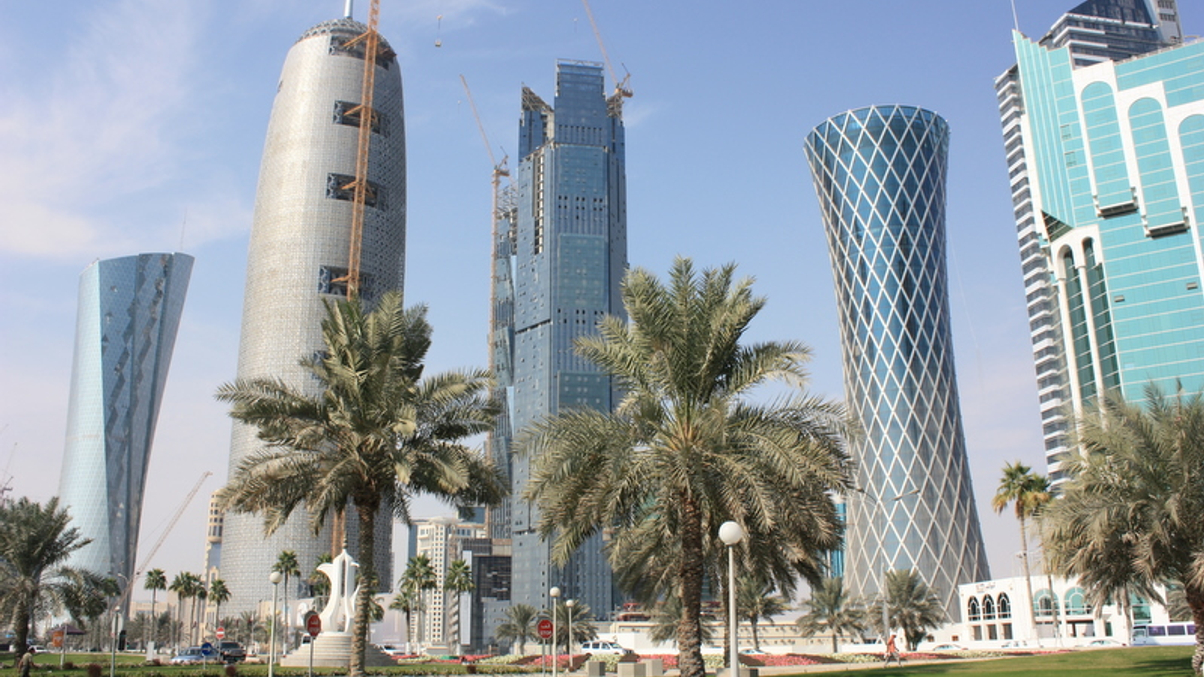Gulf fund houses eye foreign opportunities
Asset managers in the Middle East and North Africa are mulling expanding both regionally and further afield, according to a recent survey.

The Middle East and North Africa (Mena) region has a population of 380 million and a combined GDP of more than $2 trillion – and yet total funds under management stand at a mere $55.6 billion, according to research house Zawya and publication Mena Fund Manager (Mena FM).
Sign in to read on!
Registered users get 2 free articles in 30 days.
Subscribers have full unlimited access to AsianInvestor
Not signed up? New users get 2 free articles per month, plus a 7-day unlimited free trial.
¬ Haymarket Media Limited. All rights reserved.


